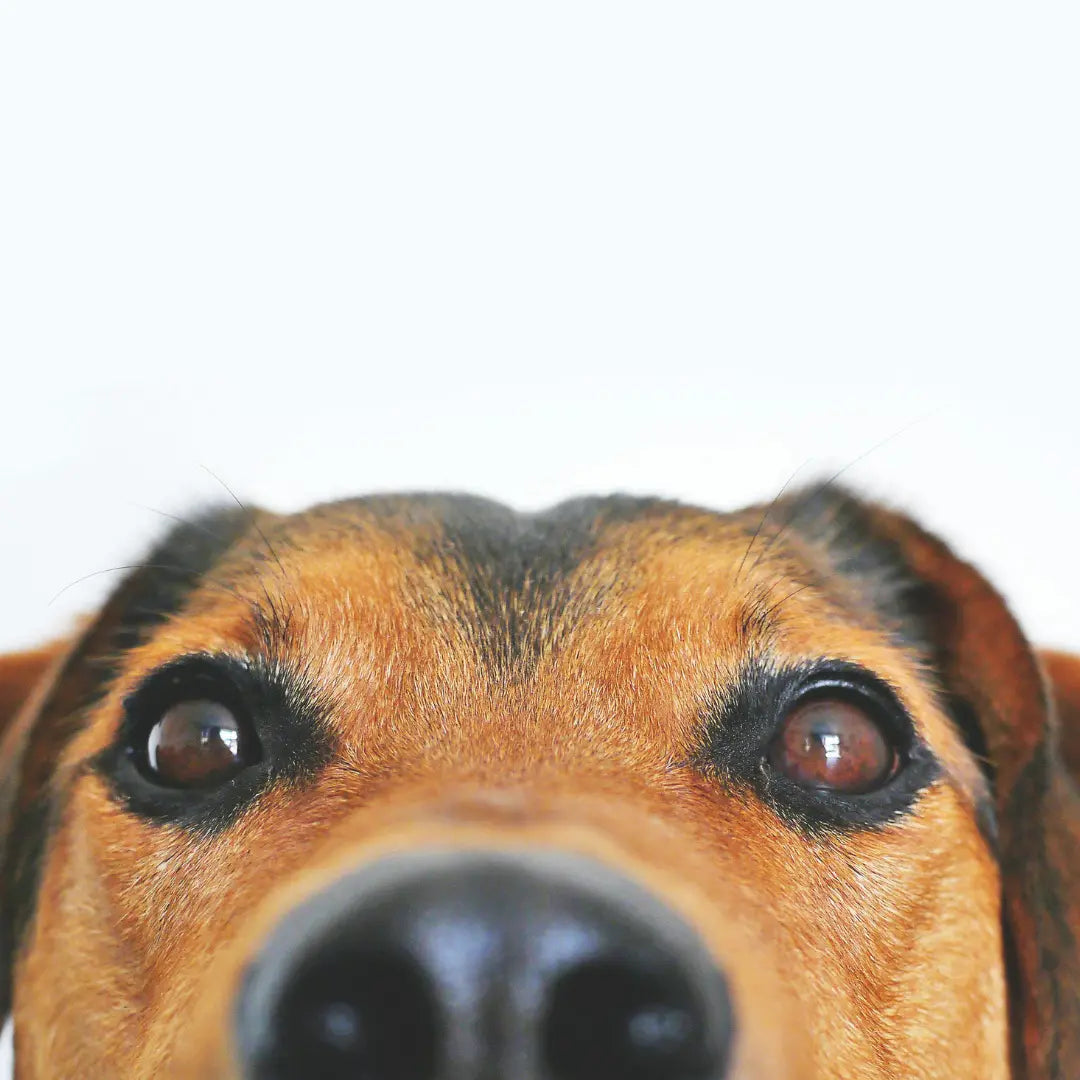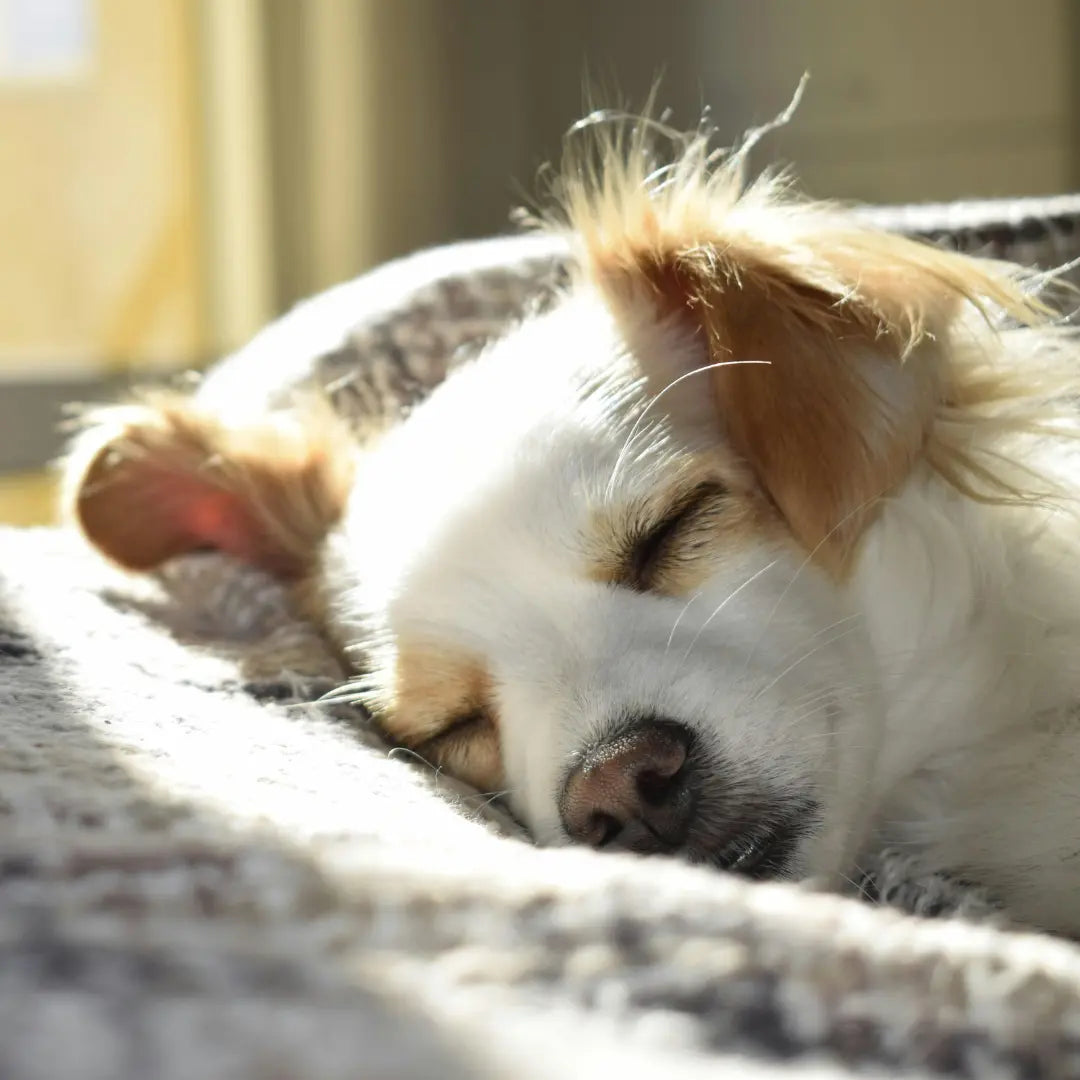
Witnessing your Fido frolic across a lush, green lawn on a bright and sunny day is a sight to behold. But dogs don’t only play on the lawn; they dig holes (which is why you need a really good dog fence) and urinate and defecate, leaving their mark.
Dogs dig for many reasons, and one of them is entertainment. This activity, however, damages the lawn. Dog urine, on the other hand, is high in nitrogen. This high nitrogen content kills grass.
Some may advise you to give up your dream of maintaining a lush and healthy lawn, but you shouldn’t. That is because maintaining a healthy lawn while accommodating the needs of your canine companion is possible. Here, we’ll share some strategies that will help you mitigate the effects of pet-related damage and achieve a lush lawn.
#1 Plant Pet-Friendly Grass
It isn’t uncommon for dogs to chew on grass . Many dogs, in fact, are grass connoisseurs, and they enjoy the texture and taste of grass, especially in the spring when it’s fresh. Consider replacing your lawn’s grass with a pet-friendly variety.Pet-friendly grass is non-toxic and soft for dogs to play on. It is also designed to be durable. It requires less time to heal and recovers quickly from a long day of play. Look for grasses with low evaporation rates and durable fibrous root systems.
Bermuda grass and fescue are great options. These grasses are known for their resilience against paw traffic and quick recovery from damage. They can withstand the wear and tear caused by playful pups. Perennial Ryegrass, Zoysia, and Centipede grasses are other pet-friendly options you can consider.
#2 Deter Your Fido From Digging Up Your Yard
Not all canines dig, but most do. If your Fido digs holes, your lush yard will quickly turn into a ravaged destruction zone. While occasional digging isn’t a problem, it can become a repeated behavior if not discouraged early on.
Deterring your Rover from digging holes in the yard is essential. Adapting some strategic deterrents can help minimize your canine companion’s destructive digging habits.
Designate digging areas filled with loose soil or sand to entice your Fido to dig there instead of the lawn. Make sure to bury treats or toys in those areas to encourage exploration and engagement.
#3 Clean Up Dog Waste Immediately and Deodorize Your Lawn
Yards serve both as a play area and a relief spot. Clean up the feces whenever your Fido defecates on the lawn. Anytime it urinates on the grass, spray water over the spot right away. This will help neutralize the excessive nitrogen in its urine.
Regular pooping and peeing will result in unpleasant odors, making your yard a less enjoyable place. Deodorizing is also essential to maintaining a fresh-smelling lawn. Enzymatic cleaners specially formulated to break down pet odors are also great. Using them at spots where your Fido urinates or defecates will eliminate lingering smells.
Deodorizing your lawn, however, can be demanding and time-consuming, especially with the regularity of pet waste. Many pet waste removal service providers offer deodorizing services. Enlisting their help can alleviate the burden of odor control and simplify lawn maintenance.
Before deodorizing your lawn, these professionals meticulously clean the yard, flower bed, and patio, ensuring no pile is left behind. Their deodorizing treatment is a blend of non-toxic, natural enzymes that neutralize odors well, leaving your property smelling fresh.
The benefits of deodorizing treatment, Scoop Soldiers notes, extend beyond a pleasant scent. It creates a healthy environment by removing scents that can cause respiratory issues and allergies.
Thus, you must consider hiring professionals to deodorize your lawn.
#4 Mow the Grass Higher
Mowing your lawn to a slightly higher height can help your lawn be more resilient to your dog’s activity. Mow your grass no shorter than three or four inches.
Tall grasses prevent urine from getting absorbed deep into the soil. Moreover, the roots of tall grasses are deep, which makes them resilient. Even if your Fido urinates or defecates on the grass, your grass will survive the urine burn better than it would otherwise.
To sum things up, dogs and a healthy lawn seem like incompatible entities. But they can coexist harmoniously with the right approach. Adopting these strategies can help you mitigate the challenges posed by your furry friend and preserve the beauty of your lawn. Although it may require effort, the rewards of a lush, green lawn and a happy, healthy pup are well worth it.



